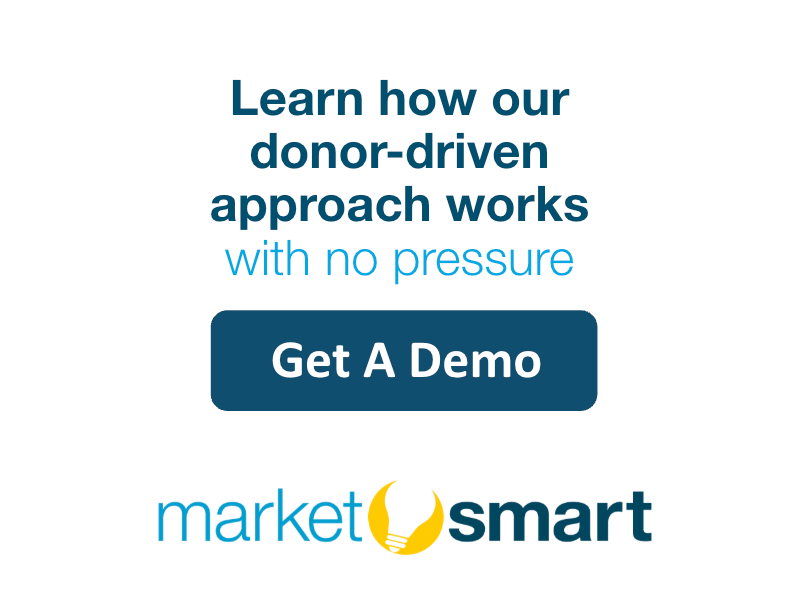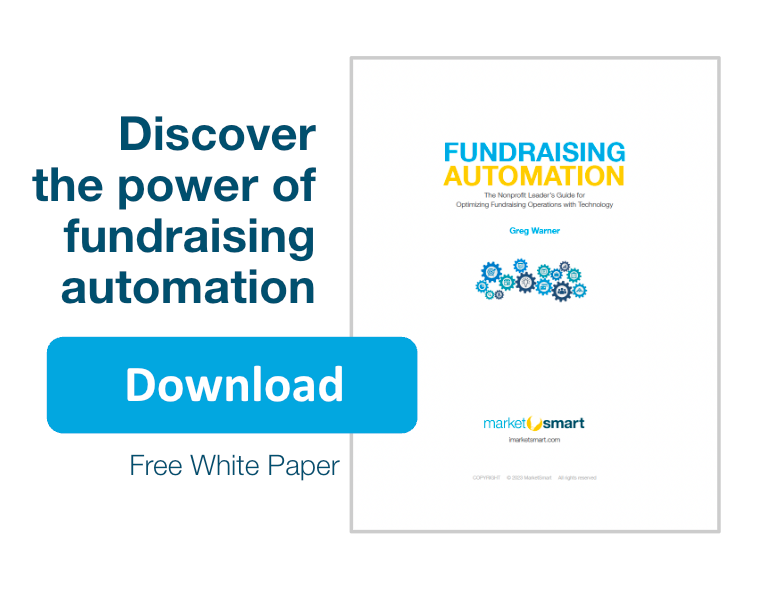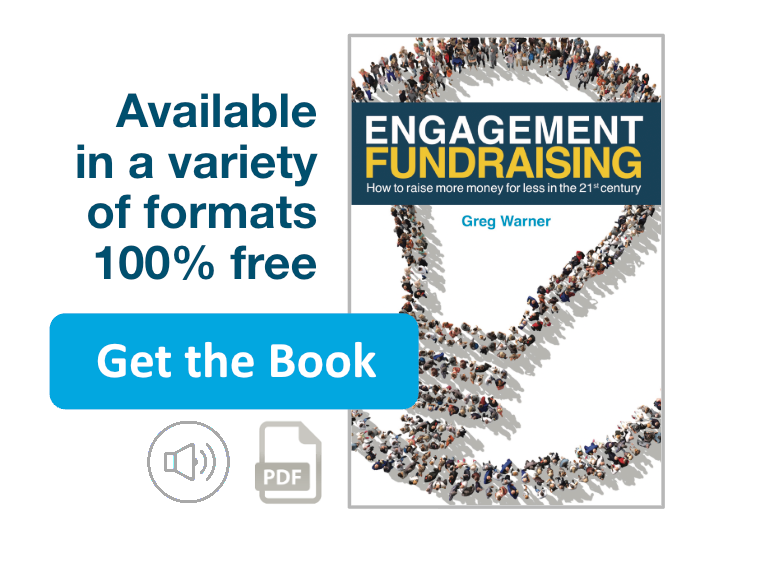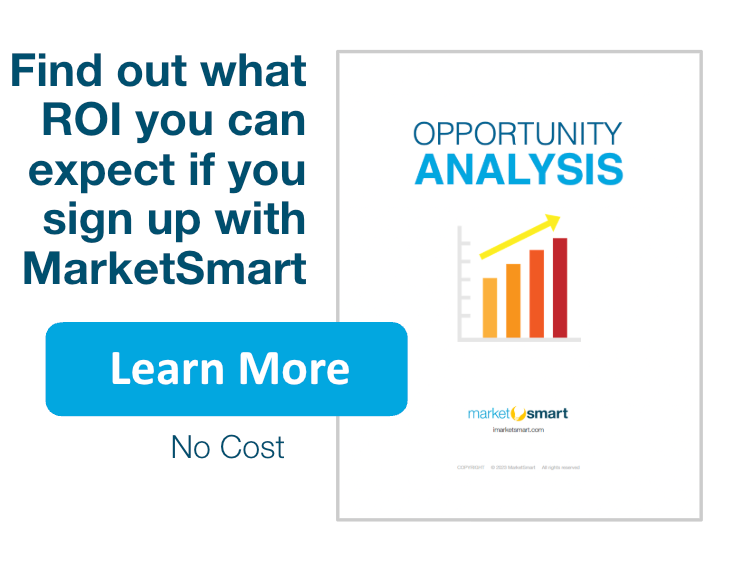Have you ever found yourself spending hours or even days developing presentations for major donor visits?
I think most of us have gotten caught up in the time-consuming task of developing presentations. Sometimes several staff members get involved. Board members too!
Instead, the best fundraisers know that they really need to make sure they’ve asked all the right questions before they invest time in creating presentations.
Folks, fundraising is about asking questions, not making presentations!
Questions ensure that the presentations made hit the mark later . Ask the right questions first. Do this right and you won’t have to spend as much time developing presentations—and they’ll always be right on target.
Ask the right questions first and your donors will feel at ease. They’ll trust you. They’ll feel that you are sincere— that you care about them.
For major gifts (and planned gifts) questions begin at the Discovery Phase of the relationship.
What’s that? That’s when you need to determine:
-
- Does the donor want to have a deeper relationship with the organization, its mission, and you (or someone else)? Let’s face it, if they don’t…then it’s usually over! Of course, you might want to learn why not. But generally, you’ll just want to move on to the next one.
- If they do want to have a deeper relationship, why is that? How does their life story entwine with your mission? What happened to inspire their interest? Was it a person or an event?
- How would they like the relationship to take form? At what pace?
- What are their hopes and dreams? What do they want to achieve and accomplish?
- What are their interests, likes, and dislikes? What programs might align with them?
- How would they like to be involved? Would they want to join the Board or would they rather be a wallflower?
- What are your fears and concerns?
Is there a fit?
After all of your questions, if there isn’t a fit, perhaps the relationship might be dead. Or that prospect should go back to your cultivation stream. I know that’s a hard pill to swallow. You just got ’em on your caseload. But you can’t force it. And, you and your organization will be better off investing time (since time is money) working with hi-capacity supporters that fit!
So next time you find yourself spending tons of time working on a presentation, stop and think about where you are in the process. Is the presentation even warranted? And, when in doubt, just ask more questions!





Very insightful blog, thank you! It is a good point to make, presentations are interesting but they don’t make as much of a lasting impact as a genuine, engaging conversation between you and the major donor. It allows you to really create a relationship with the donor and you both gain more from the encounter, you learn more about what the donor wants and why they were drawn to your charity and they feel valued and get the chance to learn more about what you do. It’s a win-win!
It is about asking questions and listening for the answers to trigger additional inquiries. As a gift officer, if you are doing most of the speaking you are missing the insights that the donor will provide to you. In a friendly conversation, donors will disclose their interests as well as insights into their giving capacity!
Good point Lauren. So critical to listen, learn and, right out of the gate, demonstrate to the potential donor that you are truly engaged in their interests/story. I often believe that presentations are more for the presenter and not the potential donor. They are often where we might lose the grand opportunity to create future interest with the donor candidate.